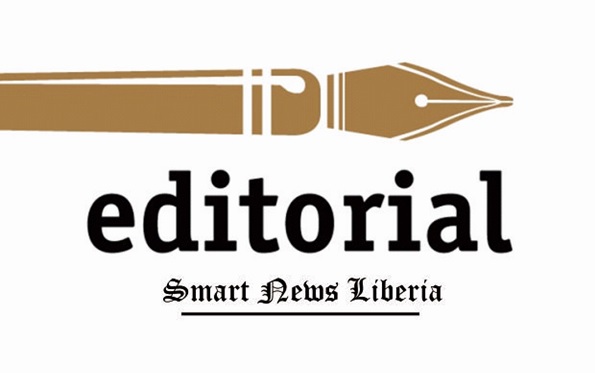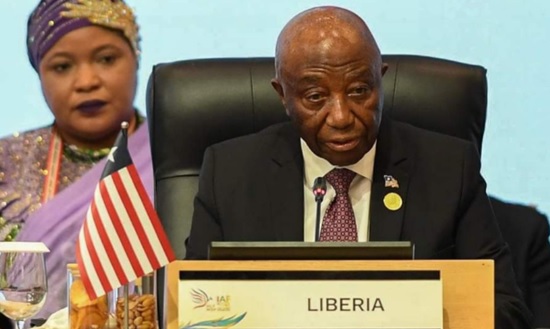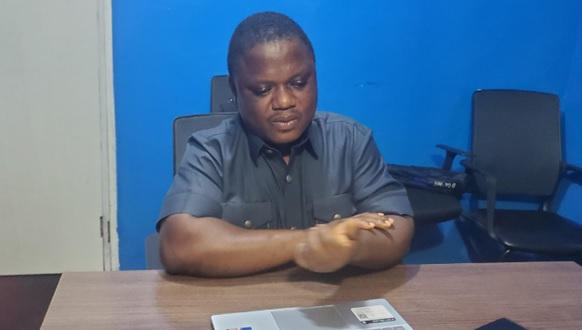In the midst of Liberia’s current economic struggles, revelations about the exorbitant salaries of some senior government officials have ignited a firestorm of controversy and criticism. At a time when many Liberians are grappling with widespread poverty, hunger, and unemployment, it has come to light that certain officials within President Joseph Boakai’s administration are drawing outrageously high monthly salaries, with some earning up to $22,000 or even $15,000, not including additional substantial benefits.
These revelations are not just numbers on a page; they represent a stark disparity between the lives of those in power and the everyday realities faced by the average Liberian. While the nation faces an economic crisis characterized by inflation, scarcity of basic commodities, and a depreciating currency, the contrast of such high government salaries has understandably sparked anger and resentment among the populace.
The salaries of officials at the Liberia Petroleum Refining Company (LPRC) and other key institutions have particularly come under scrutiny. For instance, the managing director of LPRC reportedly earns $22,000 per month. To put this in perspective, this single monthly salary is more than most Liberians might hope to earn in a decade. Such a vast income disparity is not only unjust but also deeply damaging to the social fabric of the nation.
Critics argue that the allocation of resources within the government is severely misaligned with the needs of the country. At a time when many Liberians are struggling to put food on the table, such high salaries for public officials seem indefensible and have led many to question the commitment of the Boakai administration to addressing the nation’s economic woes. Instead of leading by example and demonstrating austerity, these officials are benefiting from the very system they should be reforming.
Furthermore, the issue raises serious concerns about transparency and accountability in government spending. How can an administration claim to be working for the people when its officials are living in luxury at the expense of taxpayers? The situation calls for a comprehensive review of salary structures within the government, especially for high-ranking officials, to ensure that they are aligned with the economic realities of the nation.
The Boakai administration must take immediate action to address this issue. It should not only consider reducing these inflated salaries but also redirect the funds saved to critical areas such as healthcare, education, and infrastructure. Such a move would not only demonstrate a genuine commitment to the welfare of the people but also help restore public trust in the government.
In these challenging times, leadership is about making tough choices that prioritize the needs of the many over the desires of the few. President Boakai and his administration have a critical opportunity to prove that they are different from their predecessors—that they are truly committed to serving the Liberian people and steering the country toward a more equitable and prosperous future.
The time for change is now. The public is watching, and the demand for accountability will only grow louder. The administration must rise to the occasion, align itself with the people it serves, and take decisive steps to ensure that government resources are used responsibly and equitably. Anything less would be a betrayal of the trust placed in them by the Liberian people.







